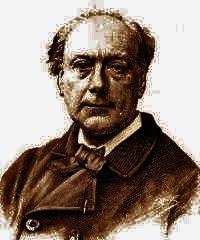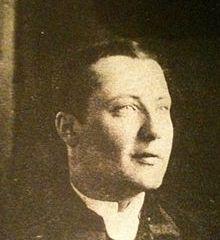William Shakespeare Quotes - Page 132
Let me be ignorant, and in nothing good, but graciously to know I am no better.
Bid the dishonest man mend himself; if he mend, he is no longer dishonest.
I'll take thy word for faith, not ask thine oath; Who shuns not to break one will sure crack both.
No reckoning made, but sent to my account with all my imperfections on my head.
Nor aught so good but strained from that fair use, Revolts from true birth stumbling on abuse.
Affection, mistress of passion, sways it to the mood of what it likes or loathes.
I 'gin to be aweary of the sun, And wish th' estate o' th' world were now undone.
When the sun shines let foolish gnats make sport, But creep in crannies when he hides his beams.
Look how the world's poor people are amazed at apparitions, signs and prodigies!







